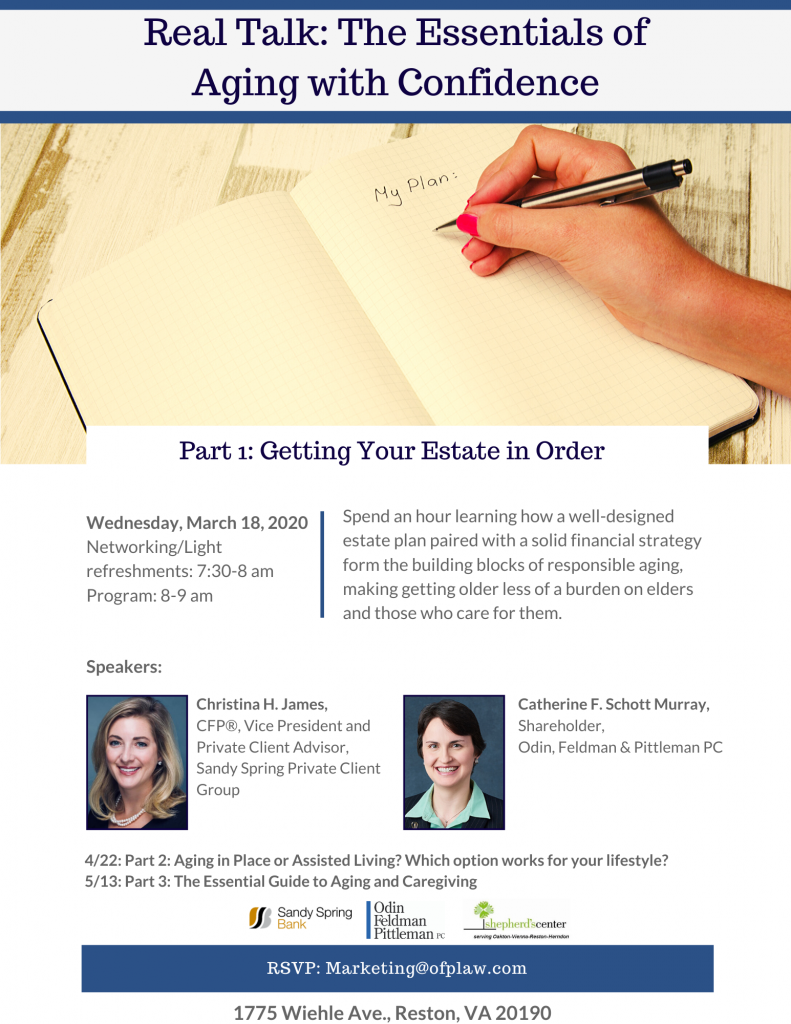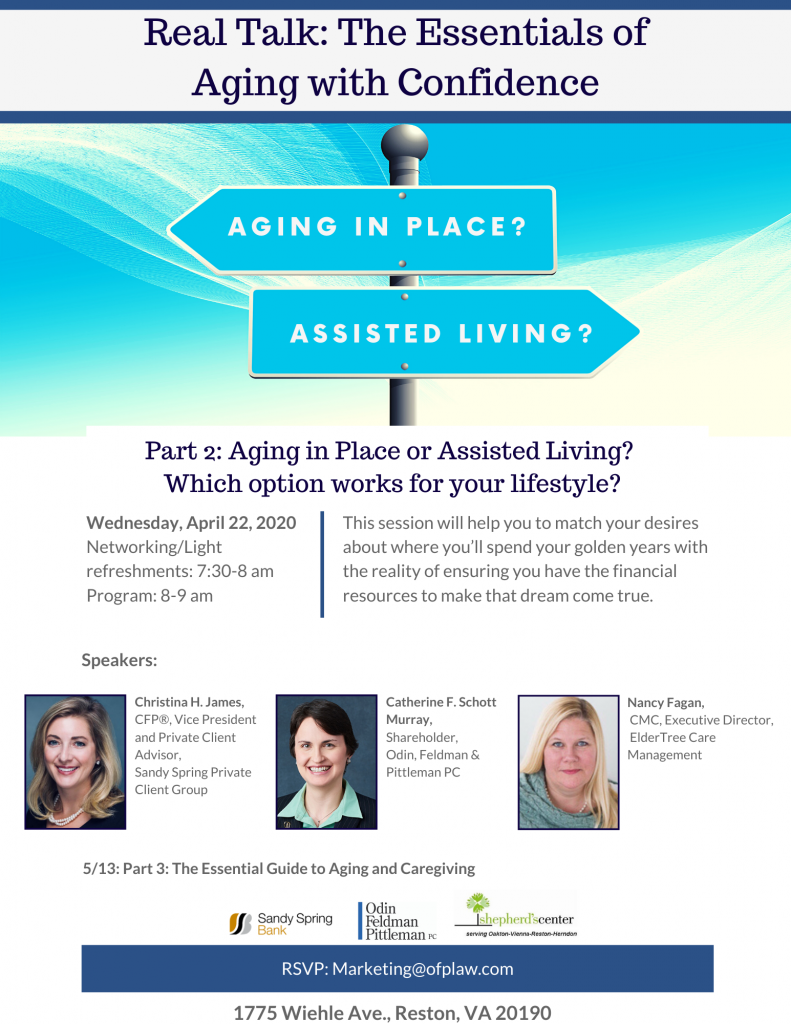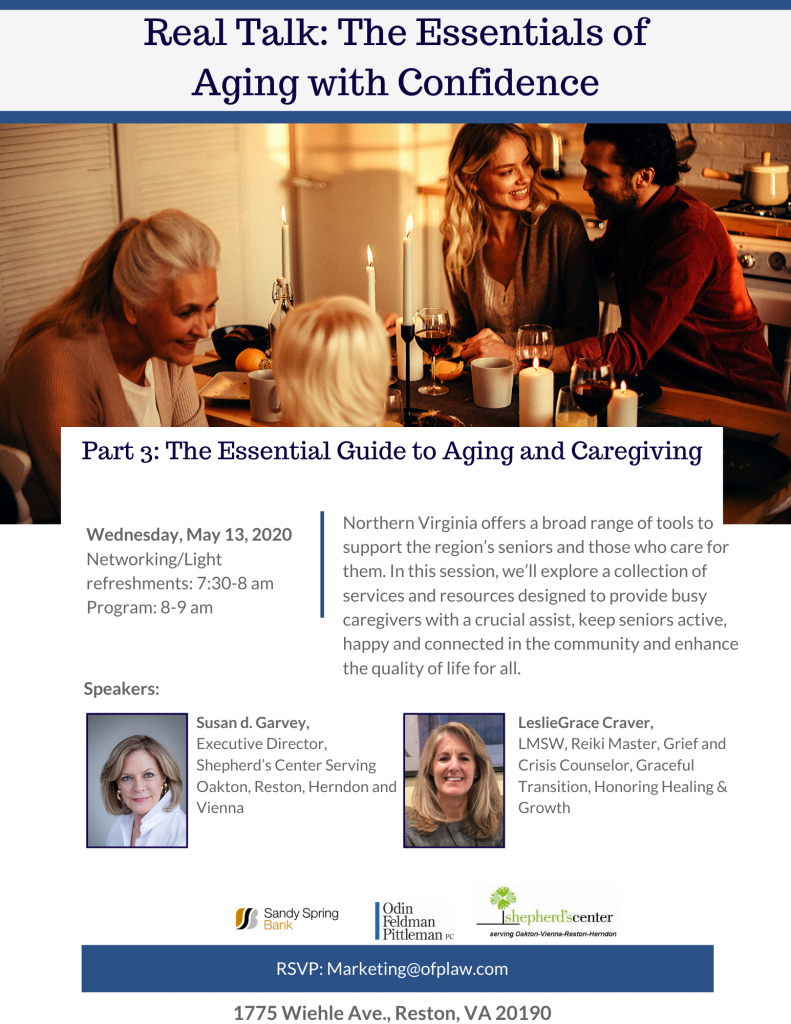 Welcome to the New Year! As with any new year, there are usually changes to a variety of important numbers for estate planning and elder law purposes. This year the applicable exclusion amount from Federal estate tax is set at $11.18 million per person thanks to tax reform. The lifetime exclusion from gift tax is also $11.18 million per person and the exemption from generation skipping transfer tax is $11.18 million. The annual exclusion from gift tax will be at least $14,000.
Welcome to the New Year! As with any new year, there are usually changes to a variety of important numbers for estate planning and elder law purposes. This year the applicable exclusion amount from Federal estate tax is set at $11.18 million per person thanks to tax reform. The lifetime exclusion from gift tax is also $11.18 million per person and the exemption from generation skipping transfer tax is $11.18 million. The annual exclusion from gift tax will be at least $14,000.
For local jurisdictions that have estate tax, the District of Columbia increased its estate tax exemption from $1,000,000 to $2,000,000 last year and this year has increased the threshold further to match the Federal exemption. Maryland’s exemption from estate tax has increased to $4,000,000. Virginia continues to have no state level estate or inheritance tax.
In the elder law field, the Medicaid spousal impoverishment numbers were released increasing the minimum community spouse resource allowance (CSRA) to $24,720 and the maximum CSRA to $123,600. The maximum monthly maintenance needs allowance is now $3,090.00 while the minimum remains at $2,030.00. The minimum home equity limit is now $572,000 and the maximum is $858,000, but be aware that local jurisdictions may apply these limits differently.
If you have questions regarding the new limits and how they may impact your estate planning, your should consult your professional advisor. #estateplanning #taxplanning #elderlaw #taxreform #HappyNewYear @bgnthebgn






 Last year, the Centers for Medicare and Medicaid Services (“CMS”) issued a rule
Last year, the Centers for Medicare and Medicaid Services (“CMS”) issued a rule  At a recent Moms at Work event hosted by
At a recent Moms at Work event hosted by